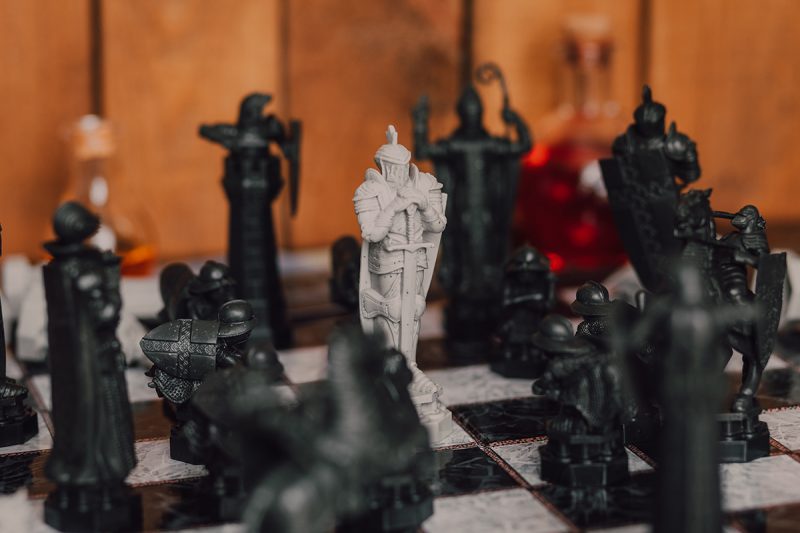I was reading Harry Potter and the deathly hallows when I came across a powerful line in Chapter 36, The Flaw in the Plan. The death eaters led by Lord Voldemort had brought back Harry Potter’s apparently dead body from the Forbidden Forest causing shock and despair among the defenders of Hogwarts. As Voldemort continues to glorify the victory, a figure breaks free of the crowd and charges at Voldemort only to be halted painfully by the death eaters. The brave figure was Neville Longbottom. Voldemort then asks the crowd at large, ‘Who has volunteered to demonstrate what happens to those who continue to fight when the battle is lost?’ The sheer power and assurance of this line hit me so hard that I was actually surprised I didn’t it all the nth times I had read the books before.
Those of us who have read or even watched Harry Potter know about the character development of Neville Longbottom. Although born to a wizarding family, he demonstrated very little magical skills. He clearly was misfit, lacked self-confidence, faced constant pressure to prove himself to his family but was always pulled down by his personal and magical deficiencies. The instances of his blunders and failures have been laid generously across the books. But during his fifth year we see a huge shift in his character, a shift that largely contributes to the plot of Harry Potter altogether. He starts performing well, steps out of his comfort zone, puts a lot of effort into his works, demonstrates perseverance and even goes on to take a leadership position in his seventh year.
Digging deep into Neville’s character we can understand the hardships he must have faced early on in his life. Raised without his parents, expected to perform better than his potential, constantly judged for his mistakes and inadequacies, bullied and tortured by his teachers and friends. That feeling of ‘not being enough’ must have lingered upon him all the time; not being good enough to being selected a Gryffindor, not being a good enough son to his exceptionally brave parents and not being a good enough performer around his high performing friends. But, these ‘not being good enoughs’ are what make Neville’s character so relatable.
One needs to understand and accept that life isn’t all magic. Sometimes, it’s the trauma of the childhood that haunts you, the scars you feel will never fade away. Other times, it’s the setbacks and pitfalls in your personal and professional life and relationships likewise. Majority of us have questioned our worth in this journey and it is difficult not to. In the world that glorifies achievements, happiness and stability so much, failures, mediocrity, lack of confidence, anxiety, not knowing where you stand can definitely make you feel alienated. Sometimes, the pressure builds so much that recovery feels distant, almost impossible. ‘Accepting your fate and giving up’ appears right in front of you as an easy option. At times as those, remember to ‘PERSEVERE’. I am not saying it’s easy, it’s probably more difficult than getting marked by the scars in the first place, but I would like to think it’s possible. We each fight our own personal battle but remember ‘a battle you think you’ve lost might not be over after all’. Who knows, the sword you felt you weren’t deserving of might present itself to you at last, and you might finally slash the ‘Naginis’ off your existence.


